

Transcription
THE JUXTAPOSITION
As told to: Timothy J. Muise
On a recent trip to the Lemuel Shattuck Hospital I didn't know what to expect. Much like high school, the experience differs from person to person. It seems every prisoner has had an opinion of Shattuck ranging from inept and dirty to great but very deco. For me it definitely screamed of 50s deco, yet it was the medical staff who amazed most. The nurses were patient and caring; the doctors were conscientious and professional; the medical students who checked in periodically, no doubt have made their parents beam with pride. Unfortunately, the accolades end there.
The Correctional Officers stood in stark contrast from everything else at Shattuck. First, let me preface the fact that my dealings were limited to a select few. So, I don't want to suggest that all guards who work at Shattuck fall under this blanket of scrutiny, but the guards I encountered on the 11pm - 7am shift were some of the most ignorant, disrespectful human beings I've met in my life.
The Department of Corrections (D.O.C.) has a secure hospital wing at the Shattuck Hospital that houses sick and dying men who are in need of constant medical attention. The wing consists of a singular hallway with individual rooms and four man wards on either side. Much like any other hospital wing, the hallways were bare and dim and aside from the glare from televisions hanging in the wards there was little sense of comfort. Thick wooden doors meant to separate the sick men in the wards from the chaos of the hallway all swung in. So, for security reasons, each door had to remain wide open. Thus setting the stage for one of the worst nights I have ever experienced in prison.
At any given time 2 to 6 guards would sit and congregate in the hallway outside my ward and carry on in conversation as if having lunch at Legal Seafood. Most of the time they were talking over each other and laughing aloud. Slowly, 11pm turned into 1am and the noise never faltered. They talked of the administration not supporting them and how the State Police have ridiculous questions on their exams. Some spoke of Taylor Swift's legs and imagined them wrapped around them while others spoke of vacation time.
Finally I had enough and decided to say something. I got out of bed, reached for my IV drip and plodded out to the hallway. As I scanned the hallway I saw upwards of 11 guards at both ends of the hallway carrying on in conversations with laughter. I quickly realized the point of saying something was very mute. And decided to bite my tongue and stick it out.
The night became a test of my will versus their jaw muscles as 1am turned into 4am. The conversations continued on about how much Spanish they could speak to the restrictions on the Mexican border. From the high cost of fixing cars to the preference of washing their bowls at work as opposed to taking them home dirty. I eventually stuffed wet paper towels in my ears and passed out for an hour only to be awakened by a nurse to take my vitals. Needless to say, the conversations were still going strong.
The point is, what reasonably competent person needs to be told "keep the noise down" so sick and dying patients can rest? Shouldn't it be inherently obvious? One could possibly chaulk it up to an anomaly except that later that morning a social worker expressed her frustration to me on this very thing. Apparently this happens regularly and she has complained about it to deputies and shift commanders to no avail. "It shouldn't happen," she said, "at the end of the day this is still a hospital."
Unfortunately, she is fighting a losing battle. The D.O.C. and the guards' union have removed us (the prisoners) from the moral realm so that treating us as less-than human is acceptable. As far as they are concerned, working the night shift is boring and if they were not allowed to converse they would fall asleep. So if a prisoner cannot sleep - too bad - don't come to prison.
It's an unfortunate reality every prisoner must face regardless of the cirumstances. But in this particular case, who a person is should not define how they are treated - especially in the confines of a hoapital. The mere fact that this article had to be written speaks volumes of the character of those guards and the D.O.C.'s lack of ethical standards and conduct expected of them.
Maybe the D.O.C. can ask the medical staff at Shattuck to help heal them of their own moral dilemma. The heroes and heriones who cared for me treated me with the same care as they would for someone not in prison. It made no difference that I was chained to a bed. To them, their own morality guided their actions; creating a culture of healing rather than a moral compromise. In the end, isn't that what a hospital should be?

Other posts by this author
|
2017 jun 24

|
2017 jun 24
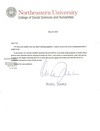
|
2017 jun 24

|
2017 jun 24
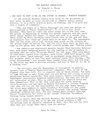
|
2017 jun 18

|
2017 jun 15
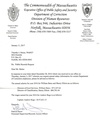
|
More... |
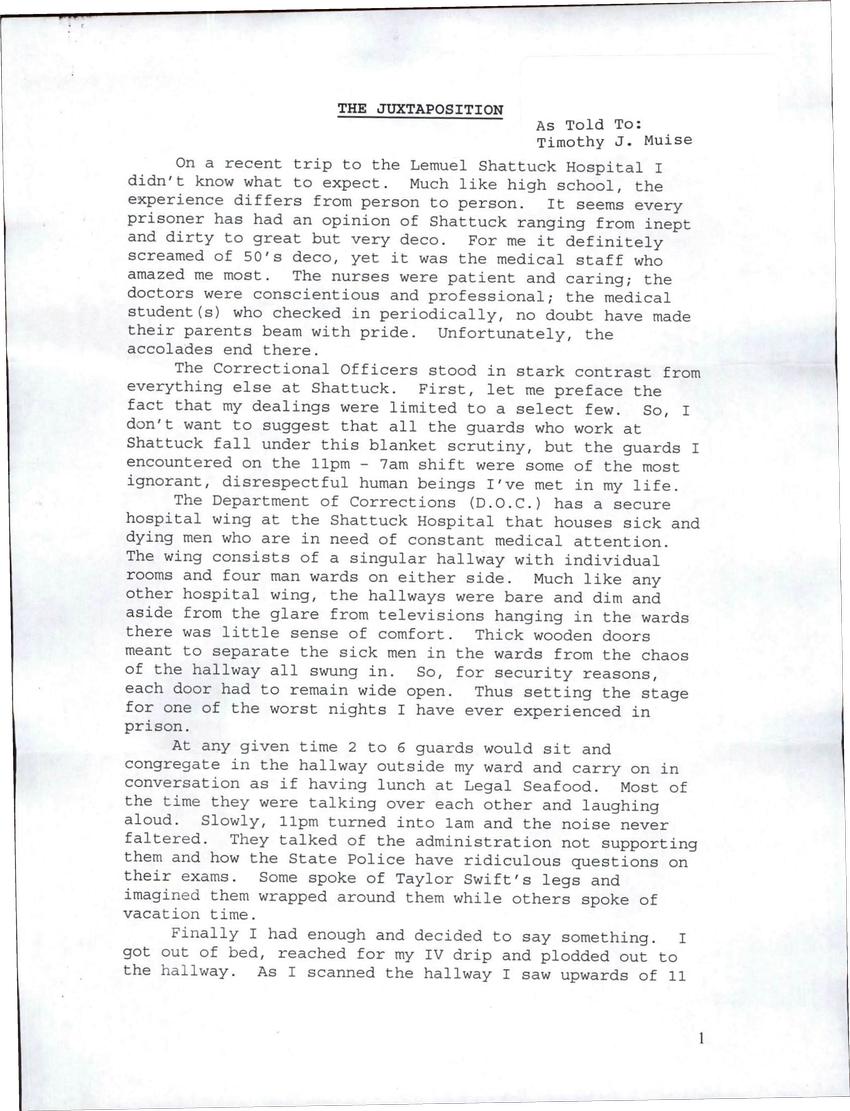
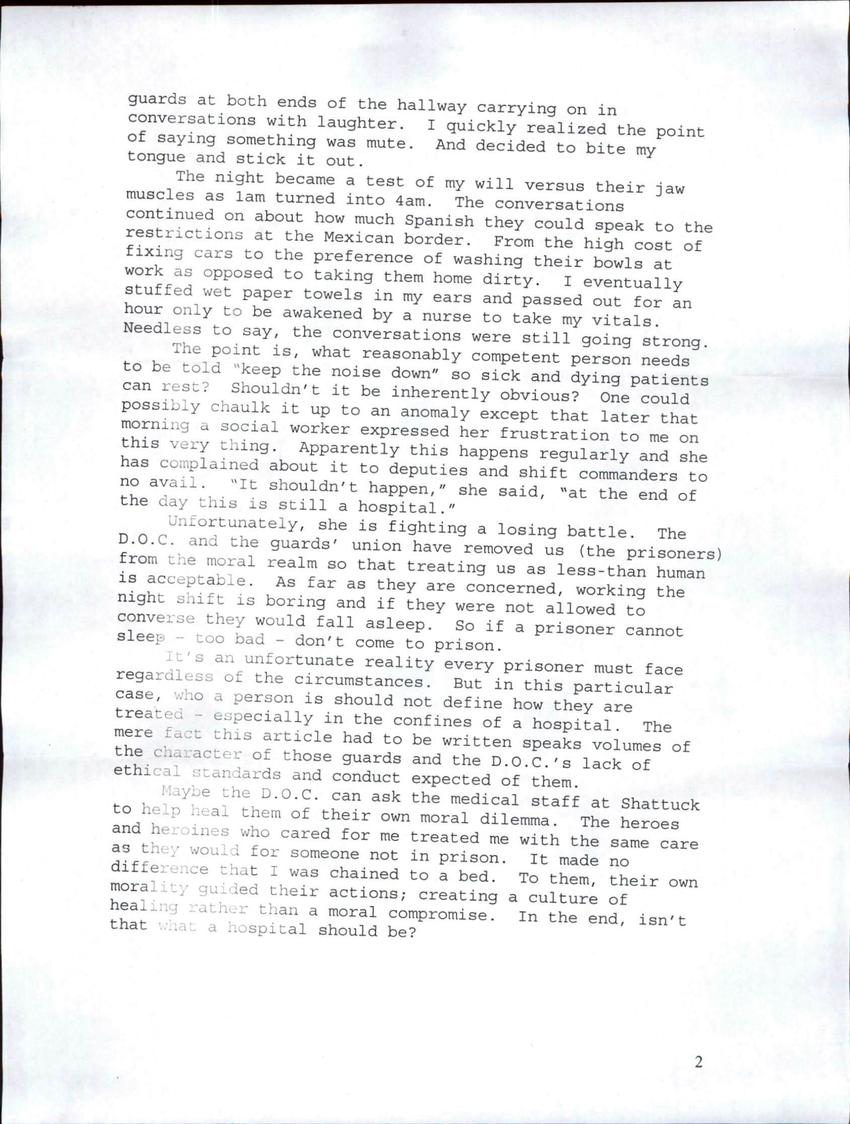

Replies